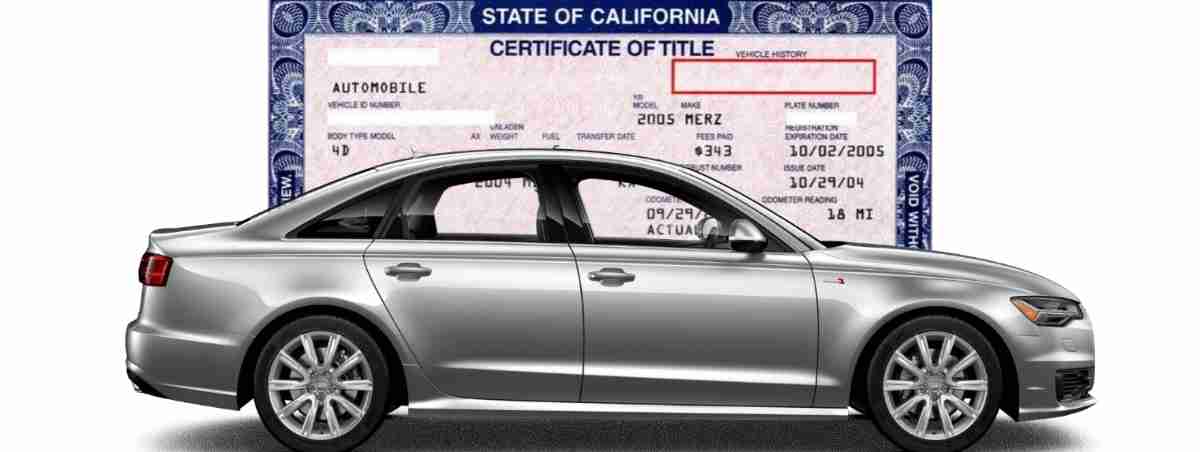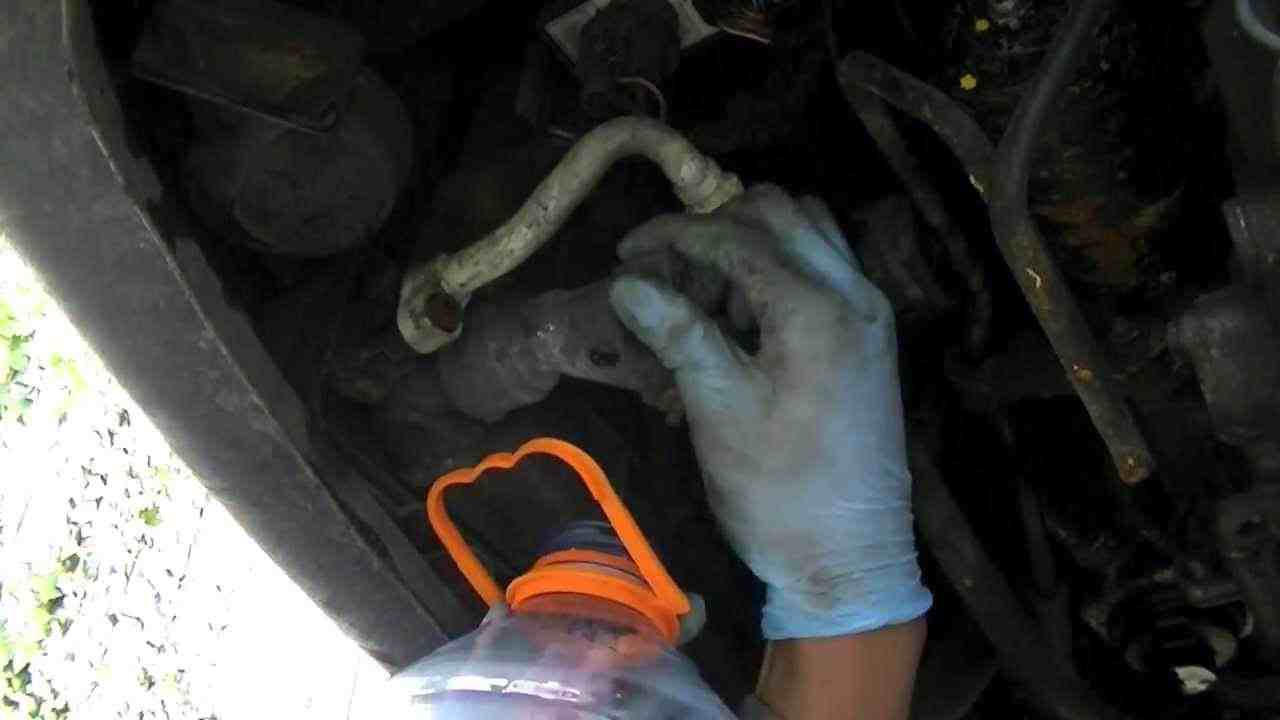Howdy, Driver? In a bid to attract and retain consumers, automakers offer trade bonuses such as cash back to their buyers.

Before or when you go to buy a new car, you should look out for available cash back offer also called a vehicle rebate on a car. If you qualify for the cash back, make sure the dealer applies it after you agree on the vehicle price, it helps to save some cash.
What Does Cash Back Mean When Buying a Car?
Cash back is a cash bonus or returned cash from the manufacturer to the consumer after they agree to buy the car. Typically, the consumer must meet the eligibility requirement(s) to qualify for the cash back. A consumer may also qualify for multiple cash back incentives on a car, but companies make it difficult for consumers by hardening the requirement.
Cash back is known mostly as a vehicle rebate, although it is applied by a dealer, the dealer suffers no loss because they are reimbursed by the manufacturer.
Dealers are also encouraged to order more vehicles because of the cash back incentive, which attracts more buyers and boosts sales.
When a manufacturer offers cash back, a consumer may be able to choose between a low financing rate and the cash back.
If a consumer chooses the cash back, they can receive the money bonus by check or use it as a down payment to increase the available down payment if they are financing a vehicle.
Considering that the cash back is legit, consumers should take advantage of it at the dealerships after negotiating the price of vehicles before cash back.
When a price is agreed upon, the cash back should then be applied to reduce expenses.
Can You Negotiate the Price of Car with Cash Back?
Yes, you can negotiate the price of a car regardless of the cash back incentive on it, but you cannot negotiate the cash back, especially because it is not a discount, but a bonus from the manufacturer.
Note that a cash back is different from a dealer discount. Somehow, it is not even a manufacturer discount because discounts can oftentimes be negotiated.
It a bonus meant to encourage the consumer to buy the vehicle. Even the federal government offer cash backs in the form of waiving taxes on vehicles with high mileage, reducing taxes on classic cars, etc.
As a rule of thumb, when you arrive at the dealership to buy a car, endeavor to have a or pre-knowledge of the vehicle you want to buy and the available offers.
During negotiations, focus on the price of the vehicle and do not include factors such as cash back yet. After agreeing on the price, you can then request the dealer to apply the cash back. In essence, you can negotiate the price of a vehicle with cash back, but not the cash back itself.
How to Use the Cash Back on a Vehicle
When you qualify for a cash back on a car, what can you do with it?
Below are what you can do with the cash back:
-
Down Payment
If you have no money to put down as your down payment, consider using the cash back for the down payment. If you are given the option of a zero percent interest rate (0% APR), but the cash back is not high, choose the zero percent rate.
-
Increase Down Payment
Cash back can increase your down payment. If the cash back offer is $1,000 and your current down payment is $2,000, the cash back increases it to $3,000.
-
Check Out
If are buying the vehicle, then you can request the dealership to mail you the check. Use the money to furnish the interior of your new vehicle for an excellent driving experience.
You can also apply the cash back to your current purchase.
Does Cash Back Apply to Used Cars?
Typically, cash back is an incentive meant for new cars, but it also applies to used cars. However, cash back on a used car is not offered by the manufacturer, but the dealer and the money come from the dealer’s bottom-line.
The cash back is not common on used cars, except it comes in the form of government-issued incentives such as tax exemptions on certain cars or special groups of people.
If you want cash back on a used car, call the dealership beforehand and request vehicle deals with cash back offers. Typically, dealers place cash back on vehicles they want to get rid of from their lot.
Why Do Manufacturers Offer Cashback on Cars?
Automakers use the cash back for reasons including the following:
-
Encourage Dealers to Buy
When the cost of vehicles is high, dealers witness slow sales and will not order new cars. So the automakers apply cash back incentives to encourage the dealers to order more cars. Dealers also enjoy additional dealer incentives that they do not reveal to the public.
-
Get Rid of Certain Vehicles
It is not every vehicle release that entices the consumers due to debuting with a bad reputation. For instance, if a particular has too many problems leading to several recalls, the manufacturer has no choice other than to reward cash back to get rid of the vehicle model faster.
-
Retain loyal customers
The automotive consumer market is highly competitive, so, automakers must do their best to secure a good portion of the market for themselves or run out of business.
Note that a cash back on a car does not mean that the car is faulty or whatsoever.
When Are Cash Back Offers Available?
There is no season set aside for cash back offers by manufacturers.
Whenever a manufacturer is willing to clear models with a low sales record, they will place rewards on the vehicle for the consumer through the dealer. Note that the dealer also gets additional dealer incentives to entice them to order the vehicle for sale.
When Should You Redeem Cash Back on a Car?
Redeem your cash back reward on a car as soon as possible. If inflation sets in, the cash back value is reduced and the manufacturer does nothing about it.
Who Pays for Cash Back on a Car?
Consumer cash back is paid for by the manufacturer. A dealer only applies the cash back and the car, but is reimbursed by the manufacturer. However, a dealer may also offer cash back to their customer to clear certain vehicles from the lot. Typically, cash back offers by dealerships are negotiable because they are similar to discounts.
Can You Get Cash Back on a Car Trade-in?
Yes, the value of the cash back is deducted from the trade-in value.


